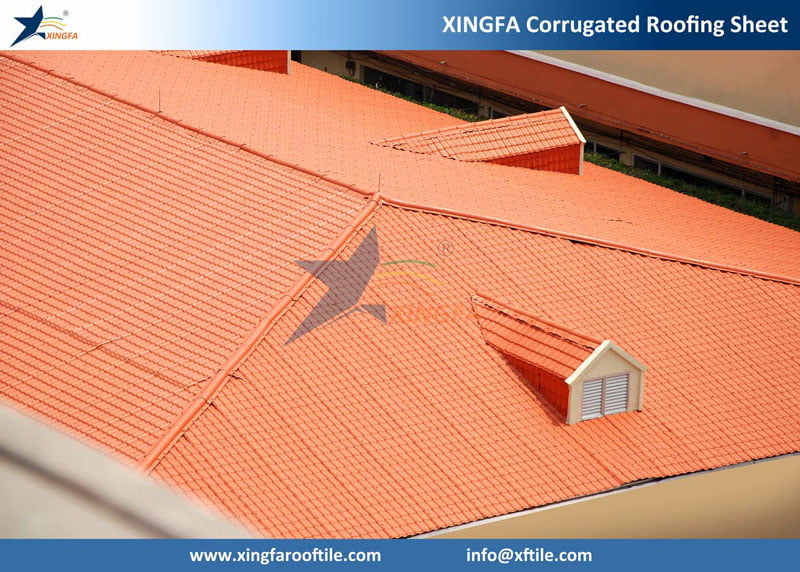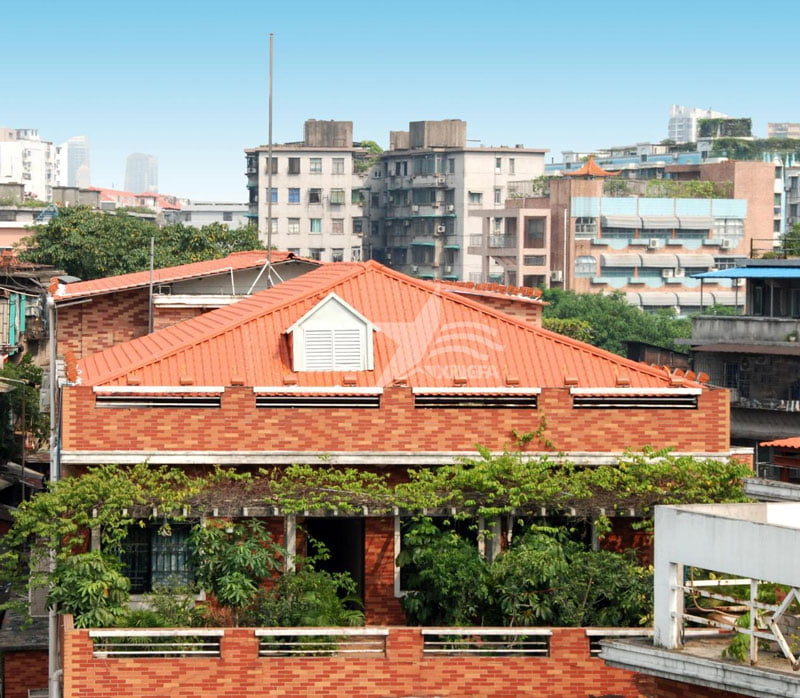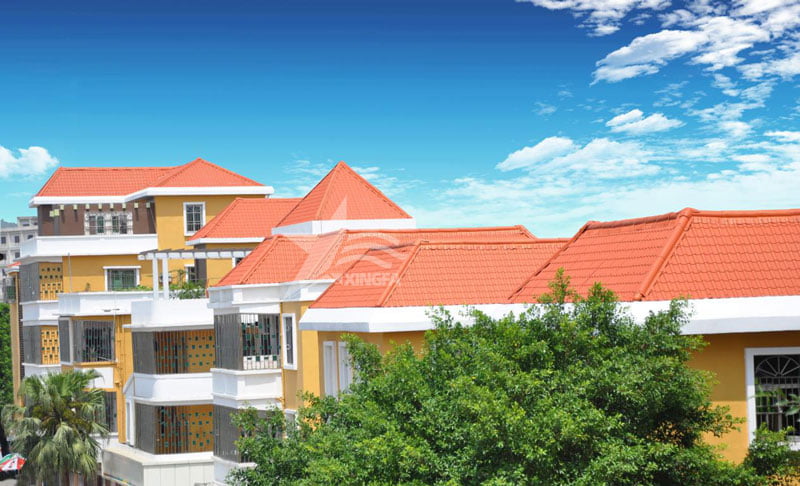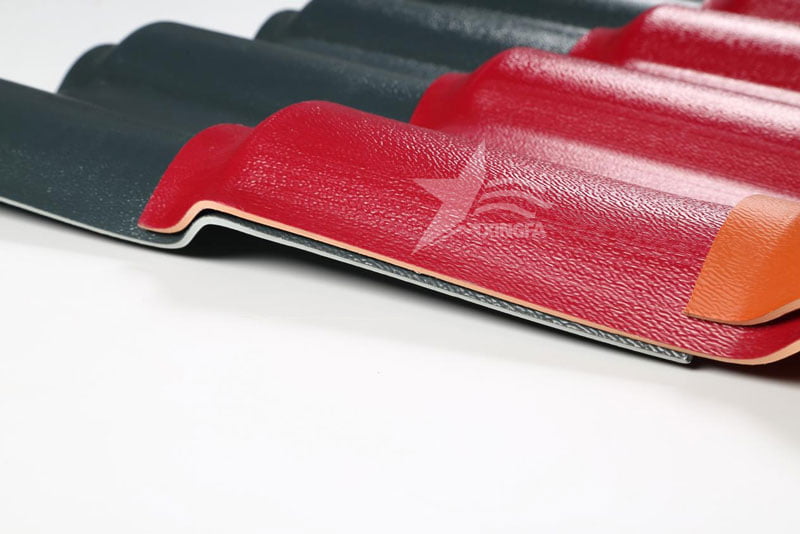Plastic roofing sheets, particularly those made from PVC, have become increasingly popular in the construction industry due to their versatility and durability. When considering the quality of plastic roofing materials, it’s essential to examine the raw materials used in their production. PVC (polyvinyl chloride) is a widely used synthetic plastic that offers various benefits, such as resistance to weather conditions, UV rays, and chemicals, which contribute to a longer lifespan compared to traditional roofing materials.

There are several types of plastic roofing sheets available for sale, including corrugated sheets, flat sheets, and polycarbonate roofing. Each type has distinct characteristics and applications, depending on the specific needs of a project. For instance, corrugated PVC sheets provide excellent water resistance and are often used in both residential and commercial buildings.

However, not all PVC materials are created equal. The quality of the raw materials, such as the manufacturing process and the presence of additives, can significantly affect the durability and performance of the roofing sheets. Lower-grade PVC may become brittle or discolour over time, leading to potential issues such as leaks or structural failure. Therefore, it is crucial to choose high-quality PVC roofing materials from reputable suppliers to ensure long-lasting performance and reliability in your roofing projects.



